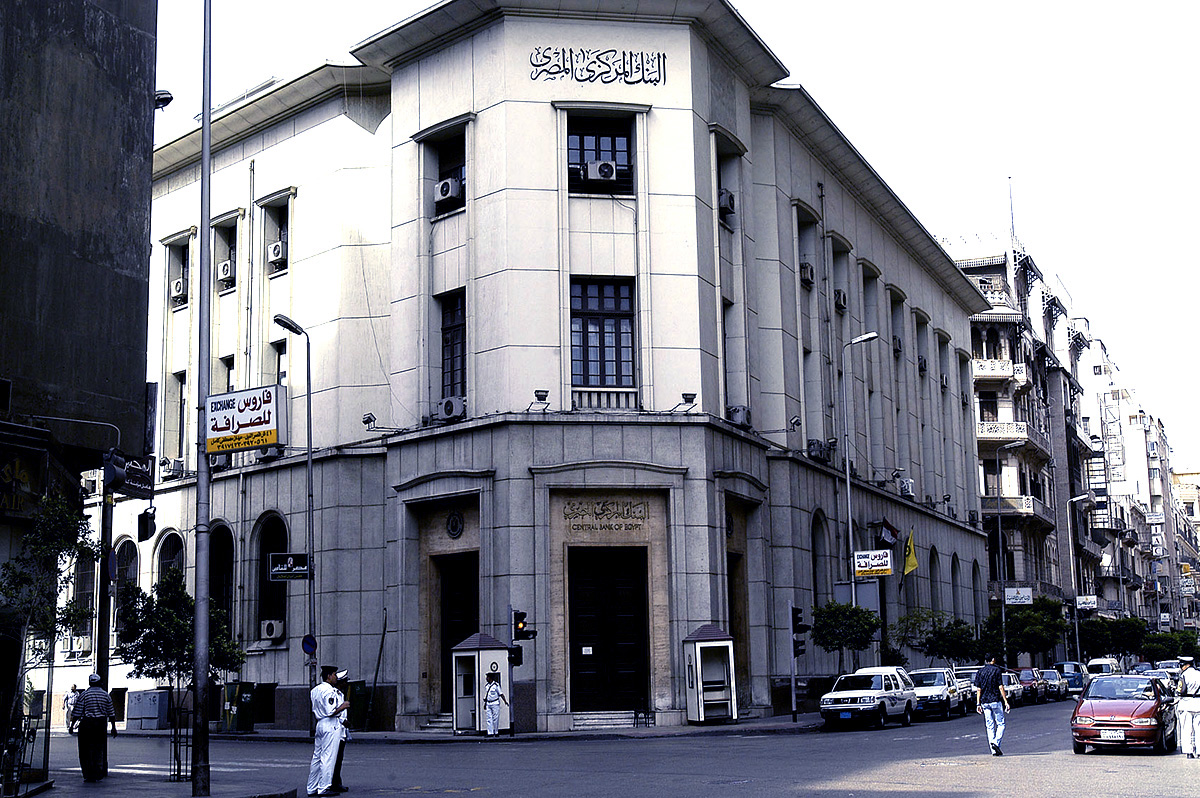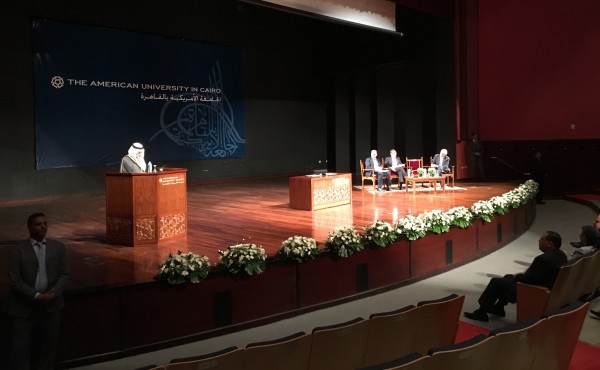SPOTLIGHT: The Underground World of Bitcoin Dealing in Egypt
By: Nada Darwish
Follow @nadadarwish_
As Bitcoin global trading becomes more popular, a number of Egyptians – and AUC students – are joining the trend.
Over the past few years, electronic banks have emerged as distinctive financial innovations and have gained popularity on the internet as one of the preferred tools of online transactions.
Bitcoin, a cryptocurrency, however, has begun to challenge the dominance enjoyed by these banks. It can be used for online transactions instead of real money.
Bitcoins are obtained in one of three different ways: buying on an exchange, accepting them for goods and services and mining new ones.
In theory, mining bitcoins is similar to mining natural resources. There is a finite number of bitcoins created, currently at 21 million, which are protected by cryptic codes and mathematical problems that can only be solved by certain software.
The ground-breaking payment network uses peer-to-peer (P2P) technology to manage transactions.
This means that the network is not controlled by a central authority or a bank, but by miners and fast international payments.
This makes Bitcoin an independent currency that does not need an intermediary between users and traders to transfer money, nor does it deduct a percentage of the money transferred.
While many e-shops, like Microsoft, Google, PayPal and Amazon allow customers to use Bitcoins, the system is not legalized everywhere, with many countries banning it due to the controversy surrounding it.
According to Bitcoin’s official website, the first country to legalize bitcoin was Estonia. It is also legal in Australia, Canada, Denmark, Finland, South Korea, Sweden, the UK and the US, which hosts the highest numbers of cryptocurrency users and Bitcoin ATMs.
Bitcoin Egypt, founded by Khalil and Omar Abdelrasoul, however, has yet to gain popularity and acceptance.
“We barely exist [in Egypt] since we are all afraid of getting caught by the police, like what happened to the dentist back in 2016,” Karim Salam, Bitcoin user and senior engineering manager, told The Caravan.
While many countries have moved to either legalize or criminalize Bitcoin activity, Egypt has yet to set any laws on it.
“We’re still waiting on the Egyptian government to set some kind of regulations. Without any laws, Bitcoin is not legal money in Egypt,” Bitcoin Egypt’s founder Rami Khalil said on the official website.
The Caravan upon contacting the Central Bank of Egypt were referred to an official statement made last June by deputy governor Gamal Negm.
“For the stability of the Egyptian banking system, the banks deal in official currencies only and never deal in any virtual currency,” he said.
The current Egyptian legal framework does not provide for the option to obtain a license for trading in virtual currencies as per the Egyptian Capital Markets Law (No. 95 of 1992).
The value of Bitcoins is growing exponentially on a daily level. A year ago, one Bitcoin was worth less than $700, while at the time of writing, it now equates $7443.99.
In 2016, a 30-year-old dentist referred to as Ahmed A. H, was arressted for conducting a Bitcoin transaction on LocalBitcoins. com, a popular digital currency trading portal.
He was accused of trading in foreign currencies and, after admitting to buying Bitcoins worth $13,900, was presented to the Public Prosecutor’s Office.
Eslam, the administrator of Bitcoin Egypt’s Facebook page, who asked to be referred told The Caravan that Egyptian Bitcoin users are extremely careful when carrying out transactions.
Yasmin El-Dokkani, an AUC computer engineering graduate student, and two alumni are currently working on their thesis project, which aims to create a block chain that transfers medical data between hospitals domestically and internationally through Bitcoins and other blockchains.
Bitcoins transfer can also be done in the form of data or confidential information, she added.
“The whole idea of Bitcoin is to eliminate the fact that online transactions deduct a percentage of money from the buyer as well as the seller. Normal online transactions are a lot less secure than Bitcoin mining and transactions,” she said.
“I’m sure there are miners in Egypt but the point is that no one says that he or she is a miner. No one walks in the streets saying they’re miners,” she added.
The value of bitcoins fluctuates dramatically over the course of one week, where one Bitcoin has increased from 100,000 EGP to 107,000 EGP.
“Many people nowadays think that this is the ideal model for online transactions and that people might also start creating new blockchains, like Bitcoin,” El Dokkani told The Caravan.
Bitcoin first emerged on the market in 2009 and was introduced by an anonymous person, or persons, operating under the pseudonym “Satoshi Nakamoto” in 2009.




